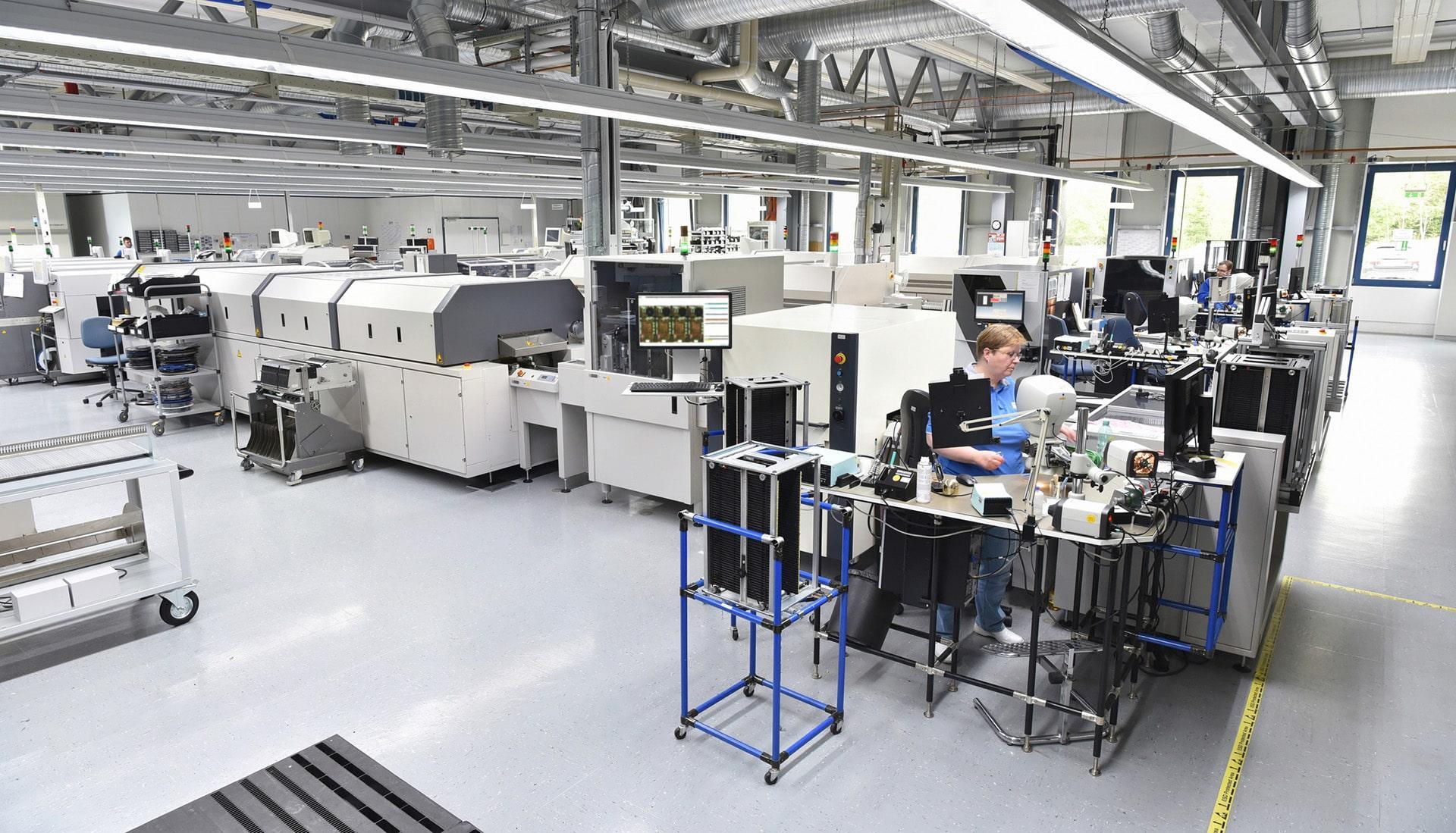Why Work With AGS Devices for Obsolete Component Sourcing
Obsolescence is inevitable, downtime doesn’t have to be. At AGS Devices, we specialize in fast, verified sourcing of hard-to-find and end-of-life components.
Here’s how we help you stay ahead of risk:
- We prevent production stops by flagging EOL parts early and sourcing alternates proactively
- We reduce counterfeit exposure through verified sourcing channels and traceable inventory
- We lower redesign costs with access to legacy stock, equivalents, and surplus networks
- We simplify the search with dedicated support for obsolete and constrained parts
- We keep critical systems running across aerospace, industrial, medical, and more
Nearly 75% of supply chain professionals now rank component obsolescence and sourcing delays among their top operational risks.
From unexpected EOL notices to global shortages, procurement teams need more than just suppliers, they need sourcing partners like AGS Devices who can move fast, ensure quality, and manage risk.

Obsolete Electronic Components
These obsolete components are often essential to legacy systems, long-term platforms, or regulated devices where redesigns aren’t feasible.
Whether due to end-of-life (EOL) notices or supplier consolidation, the disappearance of a single component can impact quality, compliance, and delivery timelines.
Once a manufacturer stops producing or stocking a part, it’s considered obsolete, regardless of whether you still need it.
This typically results from:
- EOL announcements where manufacturers phase out low-demand or aging products
- Technology shifts such as newer voltage standards or packaging types
- Vendor consolidation that discontinues overlapping product lines
- Limited market demand that makes continued production unprofitable
Example: A microcontroller used in industrial sensors may be phased out after a decade, yet the equipment it’s part of is expected to last 20+ years.
We help navigate obsolescence by tracking lifecycle risks and sourcing from trusted global channels.
Without a plan, obsolete parts can create serious operational issues:
- Production halts due to unfillable BOMs
- Increased exposure to counterfeit or substandard inventory
- Non-compliance with certifications that require specific components
- Forced redesigns that delay time-to-market and inflate engineering costs
AGS Devices helps flag obsolescence early and source verified parts quickly, before your production feels the impact.
Sourcing isn’t just about what’s in stock; it’s also about preparing for what won’t be.
So what do experienced sourcing teams actually do when parts disappear?
- Lifecycle monitoring: Track key components and flag EOL status early
- Cross-compatible alternatives: Identify FFF (form-fit-function) replacements proactively
- Excess inventory sourcing: Tap into unused, traceable surplus from OEMs and EMS networks
- Supplier vetting: Only use vendors who can verify part origin, test condition, and provide documentation
- Approved alternates list: Maintain a running list of vetted substitutes per design to reduce sourcing delays
When a supplier announces EOL, time is limited. Start sourcing or securing alternates immediately, even if you don’t need the parts today.
- Consider lifetime buys for high-dependency components
- Use a BOM audit to flag parts with approaching obsolescence
- Set alerts with key suppliers or lifecycle monitoring tools
Successful teams don’t wait for supply disruptions, they prepare for them.
Our sourcing approach includes:
- Lifecycle monitoring tools to track EOL and NRND components
- Cross-matching FFF (form-fit-function) alternates to ensure compatibility
- Access to OEM and EMS surplus stock for rare or legacy parts
- Vetted supplier networks that prioritize quality and documentation
- Custom alternate lists for each BOM to keep sourcing agile
Need EOL parts now?
Component Shortage Solutions
Sourcing delays are no longer an exception; they’re an industry norm. Manufacturers who adapt their sourcing approach are better positioned to avoid downtime and protect production flow.
Today’s shortages stem from multiple overlapping challenges:
- Factory shutdowns during global disruptions have reduced output capacity
- High demand from EVs, aerospace, and connected devices is outpacing supply
- Material shortages (e.g., silicon, copper) affect core components
- Supplier consolidation limits access and increases lead time volatility
These pressures are expected to persist, making proactive strategies essential.
To stay ahead of disruption, sourcing teams are shifting from reactive to resilient. Key tactics include:
- Dual-sourcing: Build redundancy by using both franchised and independent vendors
- Live inventory tracking: Get real-time availability data across global supplier networks
- Cross-referencing: Identify form-fit-function (FFF) alternatives early in the design phase
- Accessing surplus stock: Secure verified components from excess inventory networks
- Aligning with forecasts: Time orders around engineering and production plans to reduce spot buys

